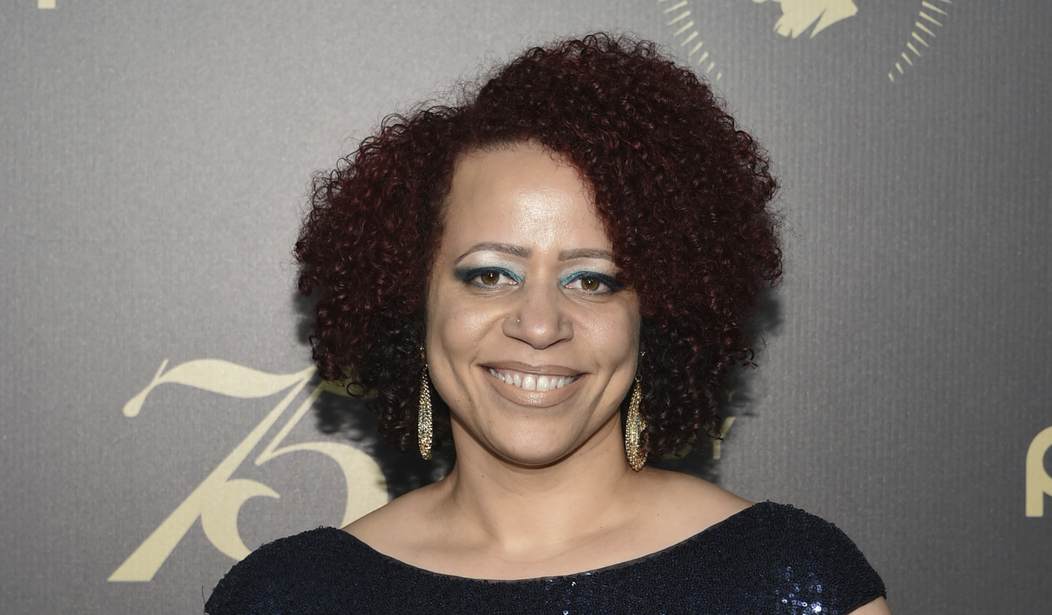There has been a resounding opposition coming from conservatives over pushback against The 1619 Project, the influence of thought leaders such as Nikole Hannah-Jones continuing to rise in influence and impact, and the advancement of Critical Race Theory into the curriculum of K-12 school systems around the nation.
Of course, much of it is with good reason. Basing the teaching of American history on an “origin story” is akin to basing our exploration of Mars and the stars on the annuls of Anakin and Luke Skywalker and the Star Wars origin stories.
And while I shared my belief that options within education for parental empowerment can make a difference for rejecting fiction parading as fact during two recent appearances with FreedomWorks, I also had a chance recently to see why perhaps we should keep the faith on where our youth are focused concerning civil rights in America.
Earlier this spring, I had a chance to celebrate the 75th occurrence of “Good Citizen Day” in Philadelphia. Since the 1940s, high school students from varying backgrounds across the Philadelphia region gather together (i.e., during COVID-19, either online or socially distanced) to win an award based on their commitment to leadership. As well, these fine rising leaders have an opportunity to learn the strength of our founding document – the American Constitution – through engaging in debates that expand their understanding of the complexity of our nation’s system of government and expectations for the citizenry.
Even if today’s youth are the generation of The 1619 Project, there is still a huge allotment of them that extol the Spirit of 1776.
During my time engaging the students as they toiled with this year’s Constitutional question (i.e., “Was the Second Impeachment Trial of Donald J. Trump a Constitutionally-authorized event?”), I found that these young people to be engaged and focused on the issues of our Constitution with pride and belief in our nation, regardless of race, school enrollment, and socioeconomic background. I found their willingness to share, to question, to debate, and to come together inspiring in a way that simply is not reported upon concerning our youth. I saw young women push back on young men whenever they felt the need. I saw poor kids feel empowered within the halls of one of the most riveting and historical places in Pennsylvania. I watched country club kids mix it up with students clearly wearing clothes borrowed from their parents or uncles in order to participate in this once-in-a-lifetime event.
They were fair. They were honest. They were passionate and objective about facts based on Constitutional premise, not emotions and media narratives. They challenged each other to do the same — and they loved the experience.
And you know what? It said to me: despite our fears and despite the media narrative, the youth understands the value of being an American and they collectively appreciate it much more than we are being told via polls and jaded media reports.
America was under communist subterfugic invasion in the 20th century, with spikes in support for the “philosophy” occurring in the 1930s and 1940s. And yet, we endured to turn around our Cold War deficit and push back the Soviets in 1962 before a clear victory emerged by the 1980s. America was under counter-culture erosion during the 1960s and 1970s through a perfect storm of racial upheaval, international tensions, political instability, and civic strife wrought with assassinations and domestic terrorism. And yet, America found a generation of leaders that brought politics past the resignation of a president and the economy past the “crisis in confidence” to usher in a new era of American leadership around the world.
It’s a cycle of American civics as old as the nation itself: each generation brings a challenge of philosophies, current events, and cultural dissatisfaction that combine to threaten the ongoing appreciation and nurturing of our founding principles. Each generation will both question the intent of the values listed and expand the audience that will hear and enjoy those civic rights. Each moment will bring challenges that must be overcome to deepen our resolve to continue protections of God-given rights, especially as each set of contemporary times push us collectively to embrace our inner Sankofa – in essence, both move forward while also looking back – as we navigate the latest issues of the times.
Critical Race Theory is part of our times. So, too, is The 1619 Project, Yet, before we believe that our civilization is crumbling around us, we must know – and believe – that, akin to other times in our history, there is a younger generation among us that also is cleaving to the spirit our nation was founded upon. There is a generation that believes that we can think critically about race and gender without casting aside the best of America. There is a generation that believes that we can view American history through multiple prisms of life experiences to understand the complexities of society without whitewashing (or blackwashing) the flaws and scars of historical figures. There is a generation that sees themselves as American’s future leaders extolling American values – and they come from backgrounds as diverse as the eye can see.
CRT and others might continue to capture the headlines, but they have not won the heart of America’s youth yet. Keep the faith. Keep engaging our youth. Know that they are looking for that reason to believe in America – just as all others did before them since the 1700s.













Join the conversation as a VIP Member